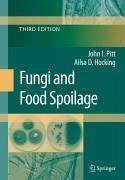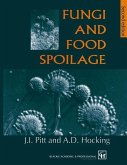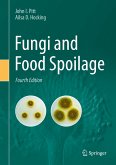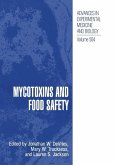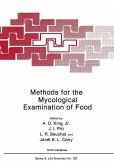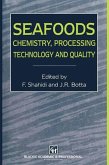The introductory chapters of the book deal with the ecology of food spoilage and give an overview of how food processing, packaging and storage affect fungal growth. Subsequent chapters cover the fundamentals of classifying and naming fungi and current methods for isolation and enumeration, including general and special purpose media, incubation conditions, etc. The major part of the book provides keys, descriptions and illustrations of all yeasts and moulds commonly encountered in foods. Characteristics of the species, including their ecology and potential for mycotoxin production, are also included.
The broad and practical nature of the coverage will appeal to microbiologists, mycologists and biotechnologists in the food industry, academic, research and public health institutions.
Dr John Pitt and Dr Ailsa Hocking are both Honorary Research Fellows at CSIRO Food Science Australia, North Ryde, NSW, Australia.
Dieser Download kann aus rechtlichen Gründen nur mit Rechnungsadresse in A, B, BG, CY, CZ, D, DK, EW, E, FIN, F, GR, HR, H, IRL, I, LT, L, LR, M, NL, PL, P, R, S, SLO, SK ausgeliefert werden.

